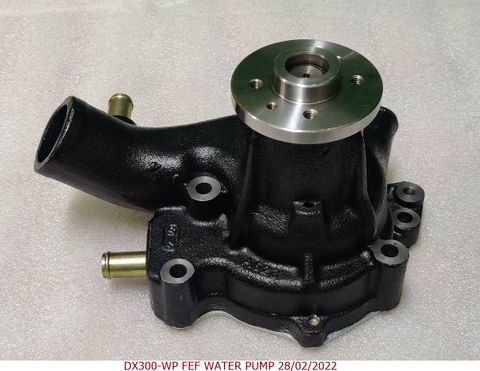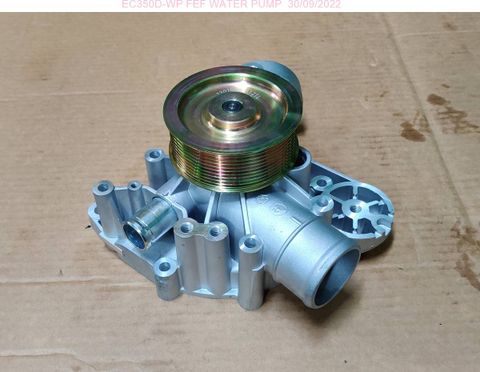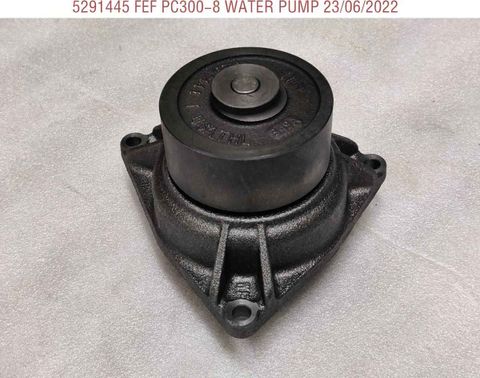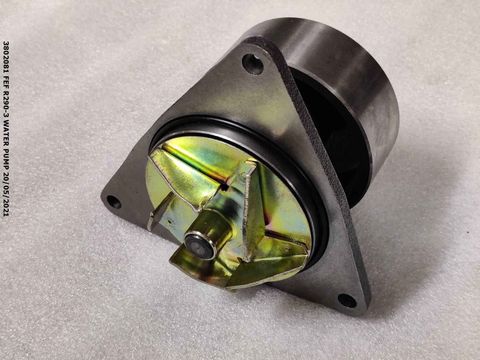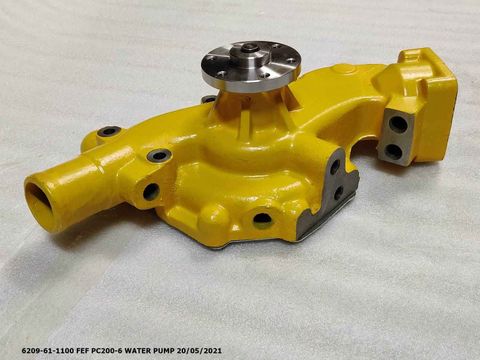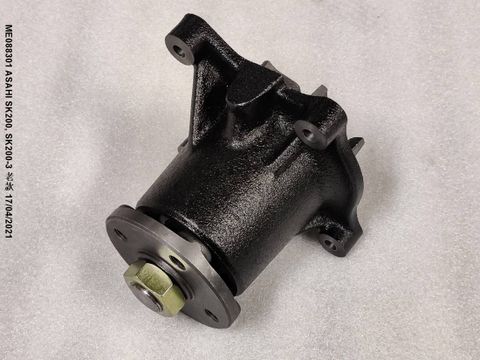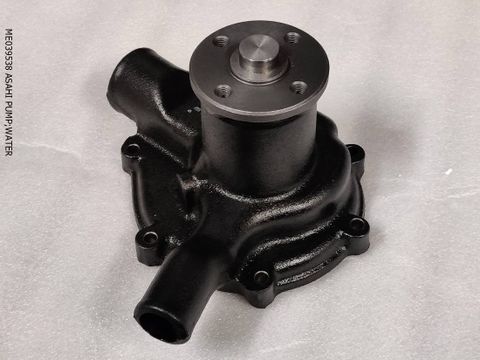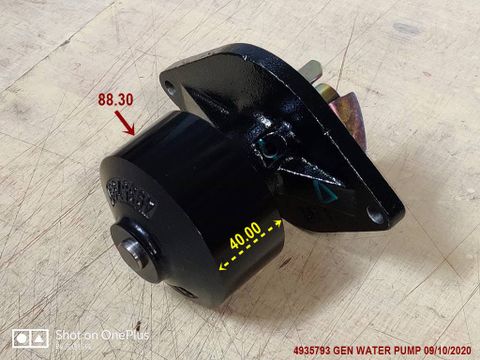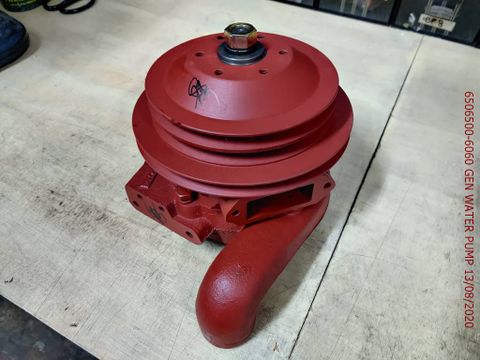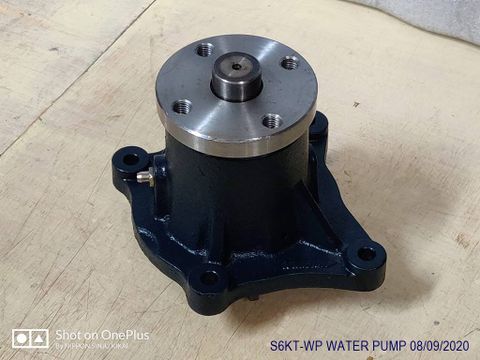WATER PUMP
Last Update
Price:
R.F.Q.
Share Product:
Detail
The water pump is a crucial component of a vehicle's cooling system, responsible for circulating coolant through the engine and radiator to maintain optimal operating temperatures. If the water pump fails or develops problems, it can lead to significant engine performance issues and potential damage. Here are common problems associated with a faulty water pump:
Coolant Leaks: One of the most common signs of a failing water pump is coolant leaking from the pump itself or the surrounding area. This can be due to worn seals or gaskets. Leaks can lead to low coolant levels, which can cause the engine to overheat.
Overheating Engine: The primary function of the water pump is to ensure coolant circulation. If the pump fails, the coolant won't circulate properly, causing the engine to overheat. Overheating can result in severe engine damage, including warped cylinder heads and a blown head gasket.
Whining or Grinding Noise: A failing water pump can produce a high-pitched whining or grinding noise, often due to a worn-out bearing or impeller. This noise usually increases with engine speed.
Steam from the Radiator: If the water pump is not functioning correctly and the engine overheats, you may notice steam coming from the radiator or the engine compartment. This is a clear indication that the cooling system is not operating efficiently.
Corrosion and Rust: Over time, water pumps can develop rust and corrosion, especially if the coolant is not changed regularly. Corrosion can eat away at the pump’s metal components, leading to leaks and reduced efficiency.
Coolant Contamination: A failing water pump can cause contaminants to mix with the coolant. This can be due to internal wear and tear, leading to particles being introduced into the cooling system, which can clog the radiator and other cooling passages.
Visible Water Pump Damage: Upon inspection, you may notice physical damage to the water pump, such as cracks, pitting, or erosion on the pump housing or impeller. This damage can impair the pump's ability to circulate coolant effectively.
Radiator Hose Issues: A malfunctioning water pump can lead to issues with the radiator hoses. If the pump is not generating enough pressure, the hoses can collapse, impeding coolant flow and causing overheating.
Poor Heater Performance: The water pump helps circulate coolant not just through the engine but also through the heater core. If the pump is failing, you might notice poor heater performance as insufficient hot coolant flows through the heater core.
Frequent Coolant Top-ups: If you find yourself needing to top up the coolant frequently, it could be due to a leak from a failing water pump. While there could be other reasons for coolant loss, the water pump is a common culprit.
Summary
Problems with the water pump can include coolant leaks, engine overheating, whining or grinding noises, steam from the radiator, corrosion and rust, coolant contamination, visible damage to the pump, radiator hose issues, poor heater performance, and frequent coolant top-ups. These issues can severely impact engine performance and longevity. Regular inspection and maintenance of the cooling system, including timely replacement of the water pump, are essential to ensure the engine operates within its optimal temperature range. If any of these symptoms are observed, it is crucial to have the water pump inspected and replaced by a qualified technician.
4o
Specification
| Keyword | |
| Brand | |
| Origin | MY |
Catalogue Download
